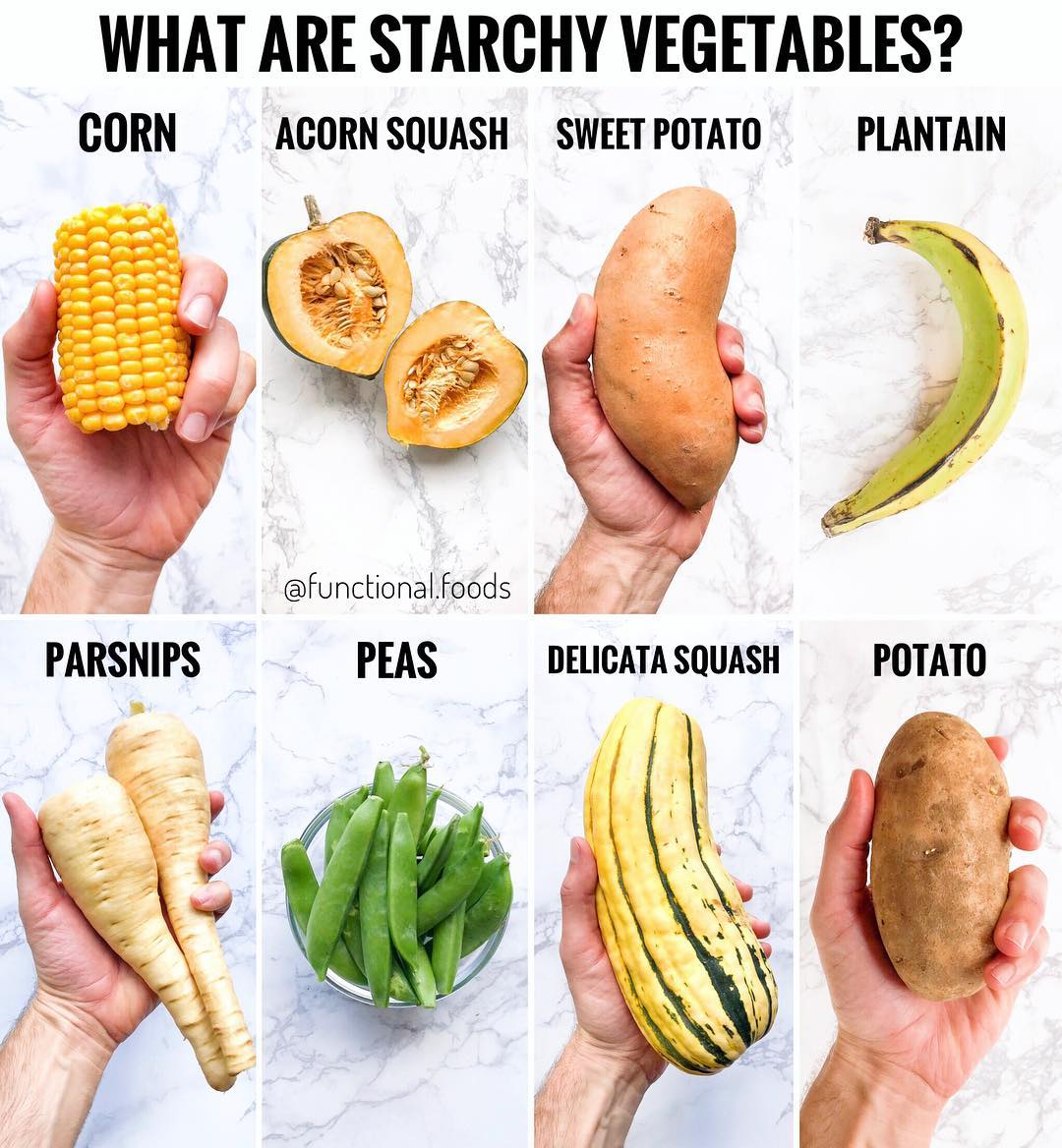“Starch-rich foods tend to digest faster than fiber-rich foods, causing a rapid increase in blood-sugar levels. This quick increase can trigger metabolic processes that convert these sugars into stored body fat,” said Yi Wan
In a game-changing study featured in The BMJ journal, Harvard researchers, alongside a neurologist from New York University, have unveiled a surprising twist in the weight gain narrative. While conventional wisdom typically points the finger at sweets and refined carbs, this study suggests that starchy vegetables—think potatoes, peas, and corn—may be the unexpected culprits. The findings challenge established dietary beliefs and open a new chapter in our understanding of factors influencing weight gain.
The research, led by postdoctoral research fellow Yi Wan from Harvard’s T.H. Chan School of Public Health, analyzed the diets of nearly 137,000 men and women under the age of 65 over a span of 25 years. Contrary to the current U.S. Dietary Guidelines, which advocate for increased consumption of all types of vegetables, including starchy ones, the study found that opting for whole grains, fruits, and non-starchy vegetables could slow down the dreaded middle-age weight gain.
Wan explains that starch-rich foods tend to digest faster, causing a rapid increase in blood sugar levels, and triggering metabolic processes that convert sugars into stored body fat. In contrast, whole grains deter weight gain by slowing digestion and blood sugar spikes, thanks to their fiber content. The study challenges the widely promoted low-carb diets, emphasizing that carbohydrates are the body’s primary energy source. Wan warns that restricting carbs can also limit the intake of essential nutrients like fiber, vitamins, minerals, and bioactive compounds found in carbohydrate-rich foods. The findings, particularly impactful for individuals with higher BMI and women, challenge the current dietary recommendations and raise concerns about the emphasis on starchy vegetables in the U.S. guidelines. “We recommend a heightened focus on increasing the intake of non-starchy vegetables,” Wan urges, highlighting the potential impact on women, especially during menopause when hormonal changes can contribute to increased fat storage.
While the study doesn’t pinpoint a specific threshold for refined carbs, starch, or sugar that leads to weight gain, Wan advises minimizing their consumption, particularly added sugar. The study, funded by the National Institutes of Health and Friends of FACES/Kids Connect, not only challenges dietary norms but also prompts a reconsideration of what we thought we knew about the impact of certain foods on our waistlines.

